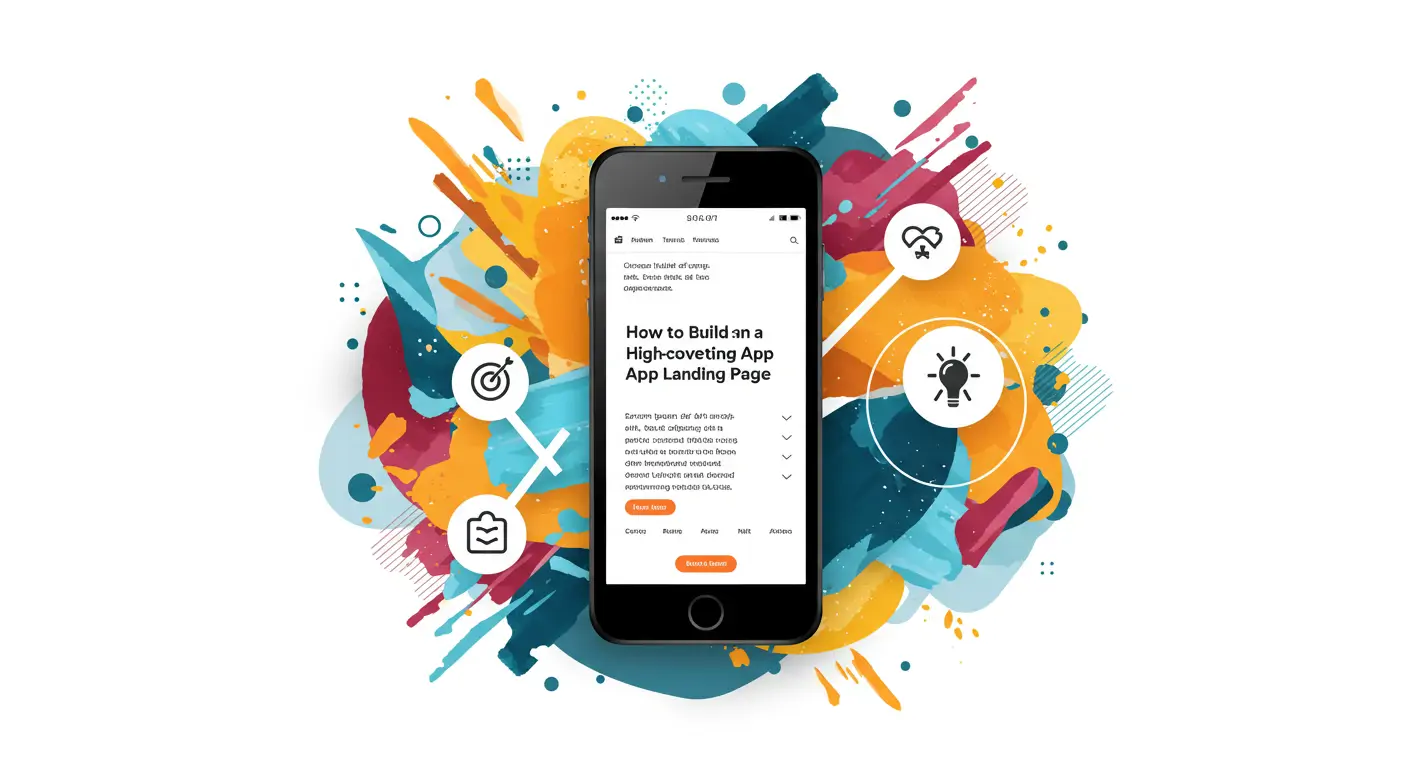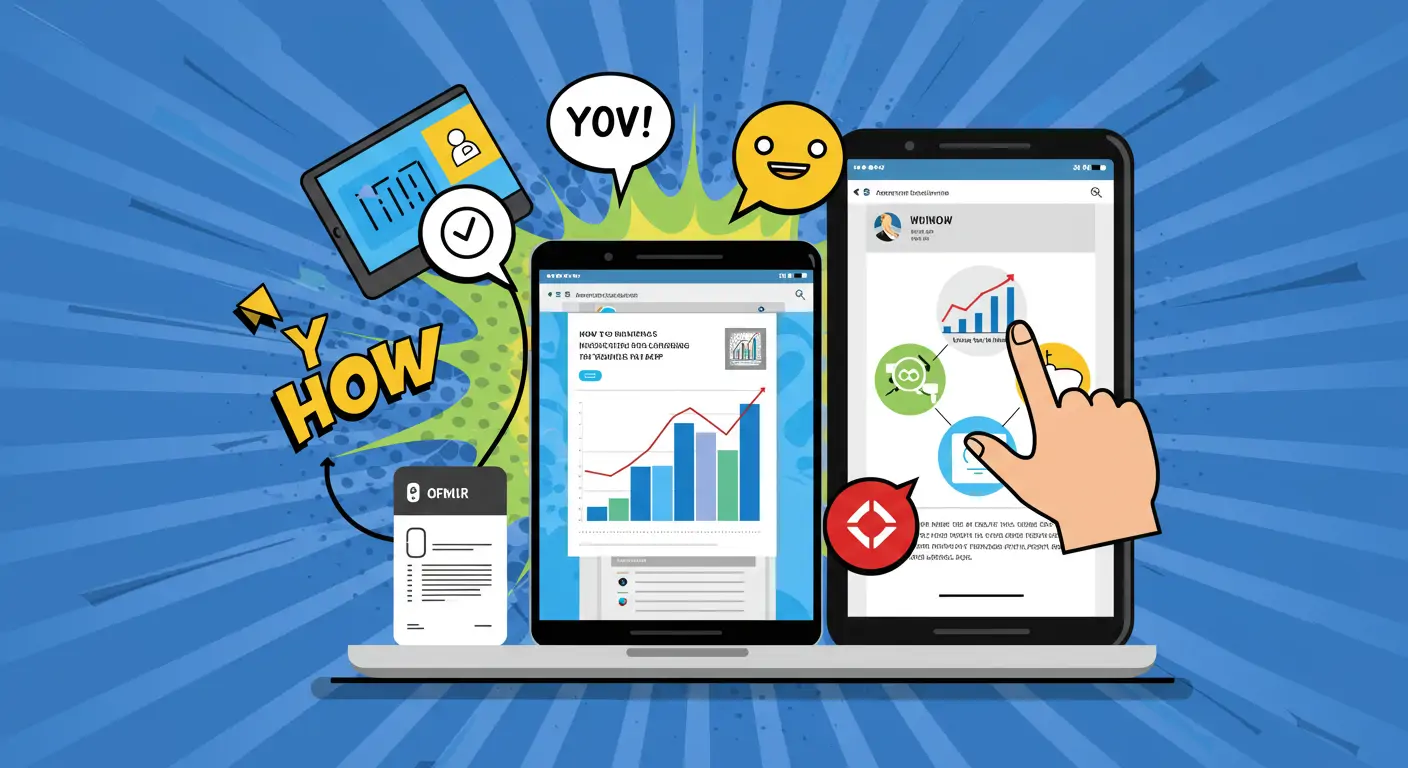Introduction: Why This Matters Now
In early 2025, a study by App Annie revealed that AI-driven App Store Optimization (ASO) increased user acquisition rates by 45% compared to traditional methods. This surge highlights a pivotal shift in how apps are marketed and discovered, fundamentally altering the app economy's landscape. As AI continues to evolve, its role in optimizing app visibility and engagement becomes indispensable for developers and businesses alike. This trend's implications extend from indie developers to large enterprises struggling to maintain competitive edge in saturated markets. Read time: 12 minutes
The Current State: What's Happening Right Now
Throughout 2024, significant advancements were made in AI technologies applied to ASO. Google introduced its AI-enhanced Play Console in March 2024, offering real-time optimization suggestions based on user behavior analytics. In April 2024, Sensor Tower reported that apps utilizing AI-driven ASO tools saw a 30% increase in monthly active users. Furthermore, the market for AI-powered ASO solutions grew by 60%, reaching $2.8 billion by the end of 2024. This growth is primarily driven by major players like Branch Metrics and SplitMetrics, who have pioneered AI-driven solutions that surpass traditional keyword-based strategies, which often fail to account for nuanced user behavior and preferences.
Key Drivers: What's Fueling This Trend
Driver 1: Advanced AI Algorithms
With machine learning breakthroughs, AI models analyze vast datasets to predict app trends and optimize store listings. For instance, Apple's adoption of neural networks for its App Store in 2024 led to a 25% improvement in app relevancy for search queries.
Driver 2: Increasing Competition
As of 2025, over 4 million apps compete for visibility on the App Store and Google Play. The saturated market forces developers to adopt sophisticated ASO strategies to stand out, leveraging AI for predictive analytics and real-time adjustments.
Driver 3: Consumer Behavior Insights
AI provides granular insights into shifting consumer preferences, enabling tailored marketing strategies. A 2024 survey by Statista found that 70% of developers using AI-driven insights reported improved user engagement metrics.
Real-World Impact & Case Studies
Case Study 1: Spotify's AI Optimization
- In 2024, Spotify implemented AI-driven ASO to refine its listing strategies
- Resulted in a 15% increase in global downloads and a 10% boost in user retention
- The key lesson was the importance of leveraging AI to dynamically adjust to trending user interests
Case Study 2: Duolingo's Personalized Marketing
- Duolingo used AI to personalize app store listings based on regional language preferences in 2025
- Achieved a 20% higher conversion rate in non-English speaking markets
- Highlighted the need for culturally sensitive and data-driven marketing approaches
Industry Implications
For Developers
- Learning AI-based ASO tools is crucial
- Opportunities to specialize in app marketing analytics
For Businesses
- Strategic investment in AI technologies
- Harnessing AI for competitive advantages
For Investors
- Potential in expanding ASO markets
- Risks in outdated marketing strategies
Challenges & Criticisms
Despite its advantages, AI-driven ASO faces criticism for potential over-reliance on algorithms, risking creativity and human insight. Privacy concerns arise with extensive data collection, as highlighted by a 2025 report from the Electronic Frontier Foundation. Additionally, there's skepticism about AI's capability to fully understand nuanced human behaviors.
Future Outlook: What's Next
Over the next 6-12 months, expect AI-driven ASO to become standard practice, with further integration of AI insights into app development processes. By 2027, the market could reach $5 billion as more companies prioritize data-driven strategies. Key milestones include the potential for AI to autonomously manage entire app campaigns, significantly reducing human intervention.
Frequently Asked Questions
- What is AI-driven ASO? AI-driven App Store Optimization uses artificial intelligence to enhance app visibility and user acquisition.
- How does it differ from traditional ASO? It utilizes machine learning algorithms for predictive analytics as opposed to basic keyword optimization.
- What are the main benefits? Improved user acquisition, tailored marketing, and better user engagement metrics.
- Are there privacy concerns? Yes, extensive data collection poses privacy risks that need addressing.
- How can small developers compete? By adopting AI-driven tools and staying informed about market trends.
- What's the future of AI in ASO? Increasingly autonomous app marketing with minimal human input.
Conclusion: Key Takeaways
- AI-driven ASO is revolutionizing app marketing in 2025, significantly boosting user acquisition.
- Major players and startups alike benefit from advanced AI tools.
- Challenges include privacy concerns and maintaining a balance between AI and human input.
- Staying informed and adaptable is key to leveraging this trend.
To learn more, explore our detailed guide on AI integration in app marketing strategies.




